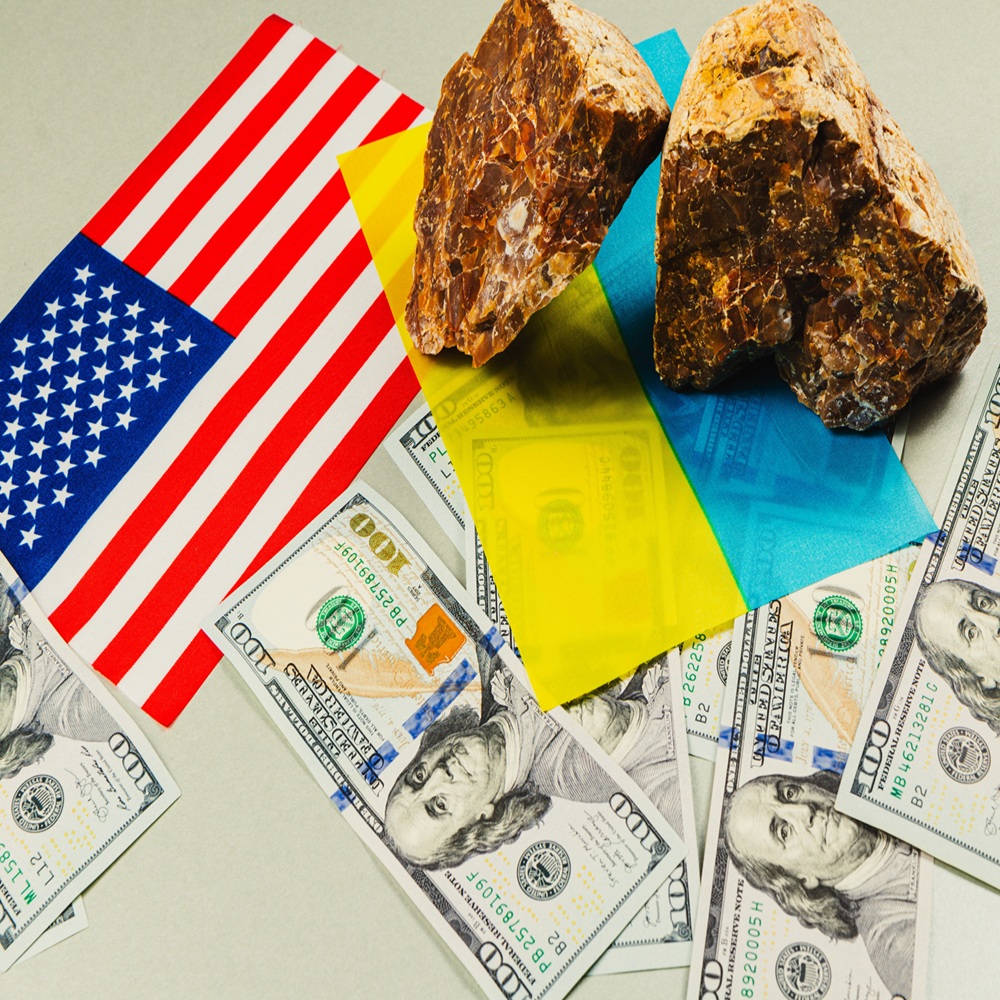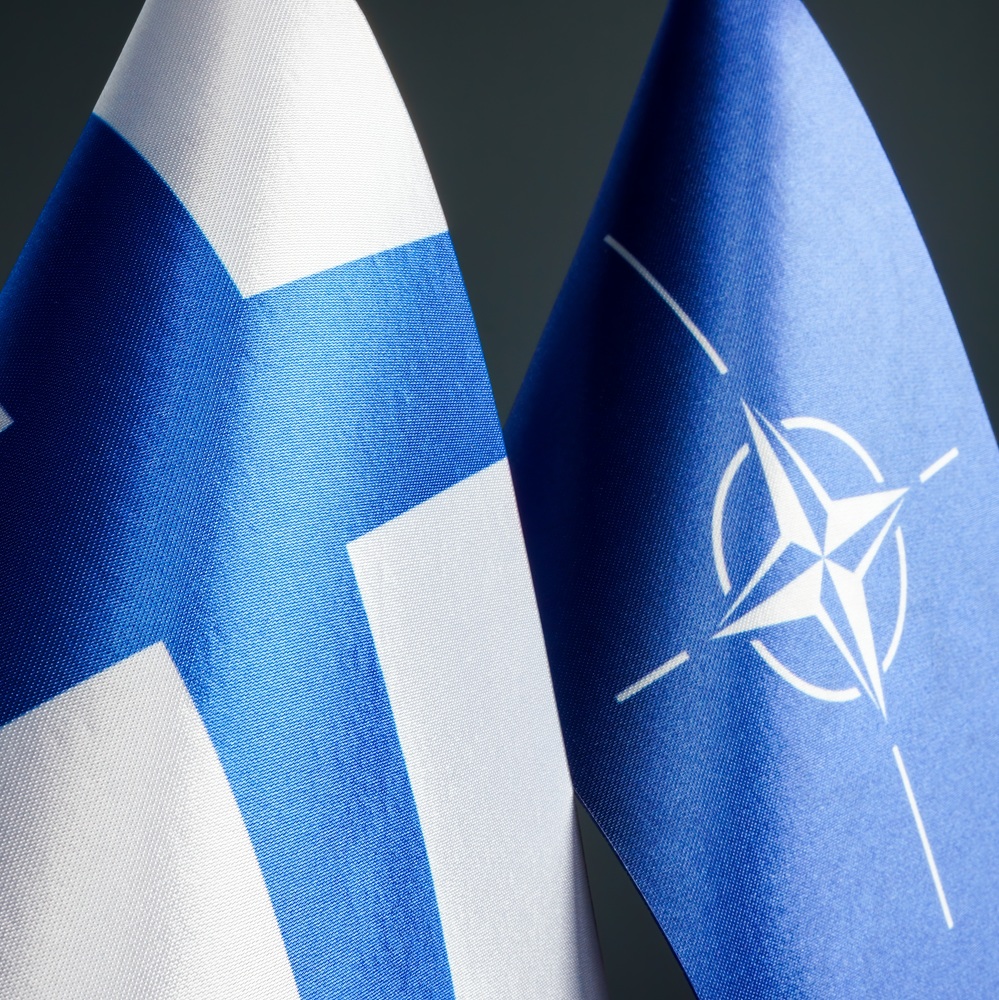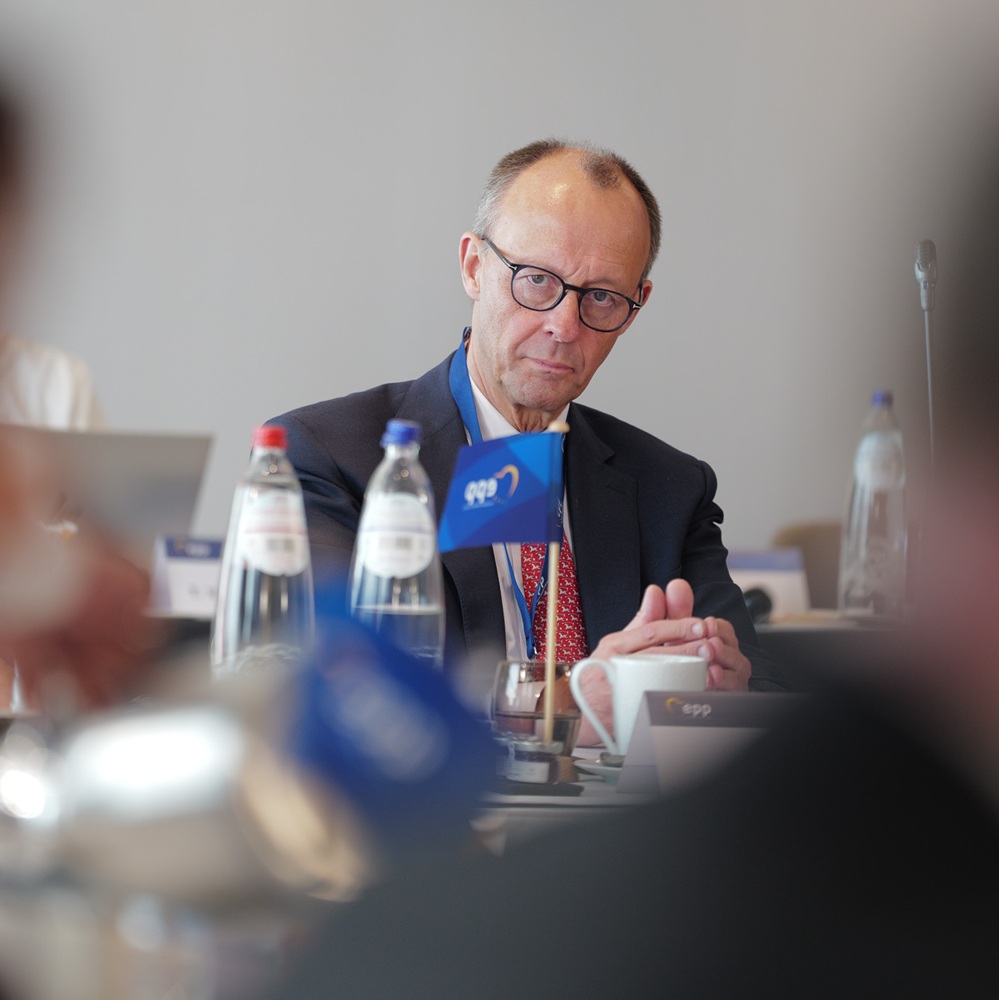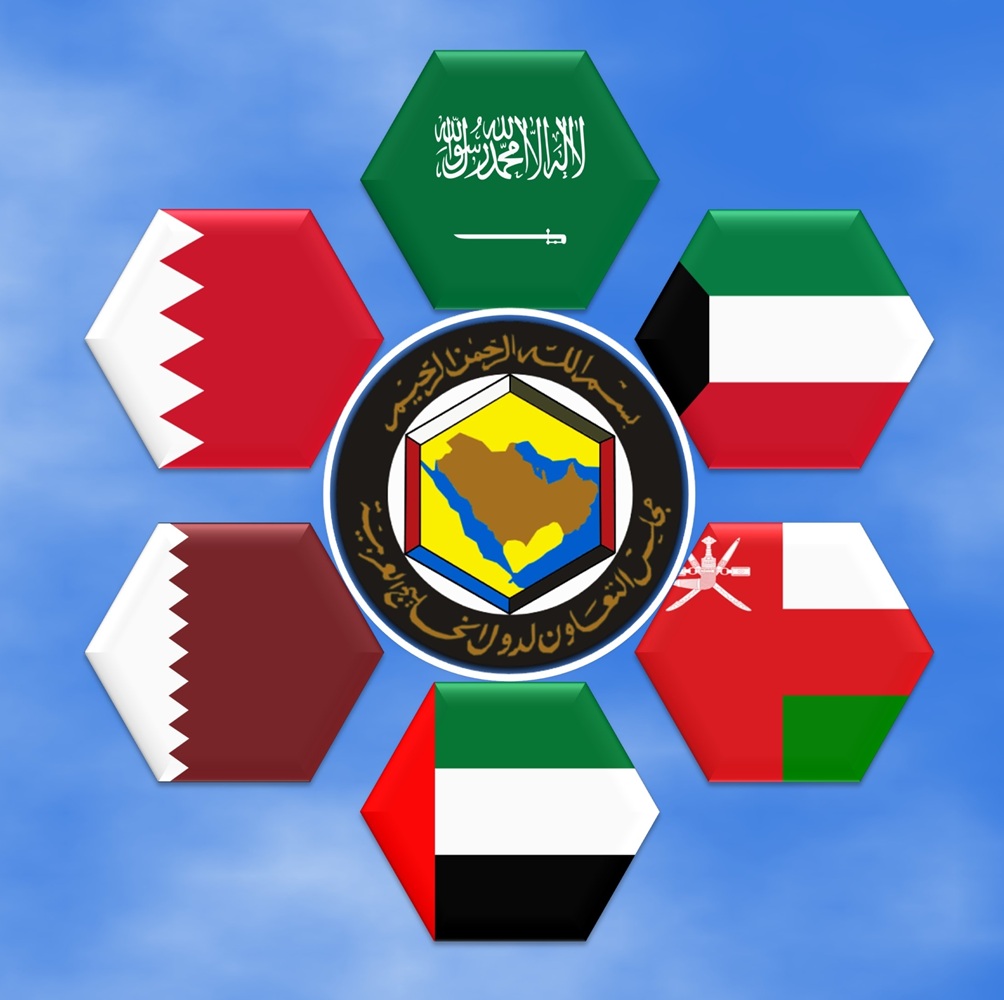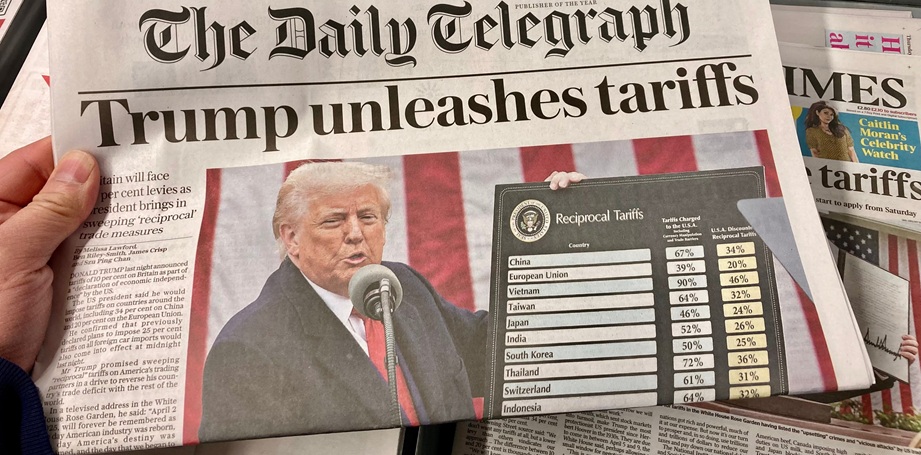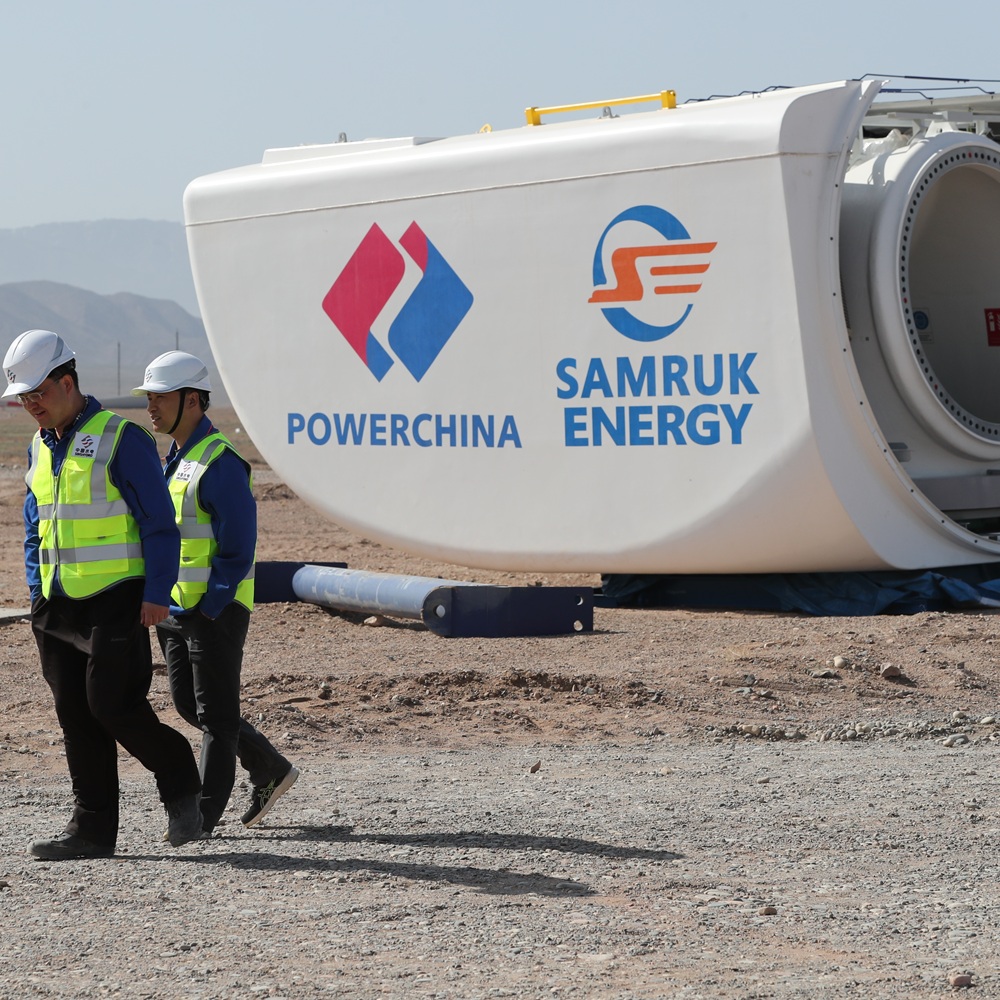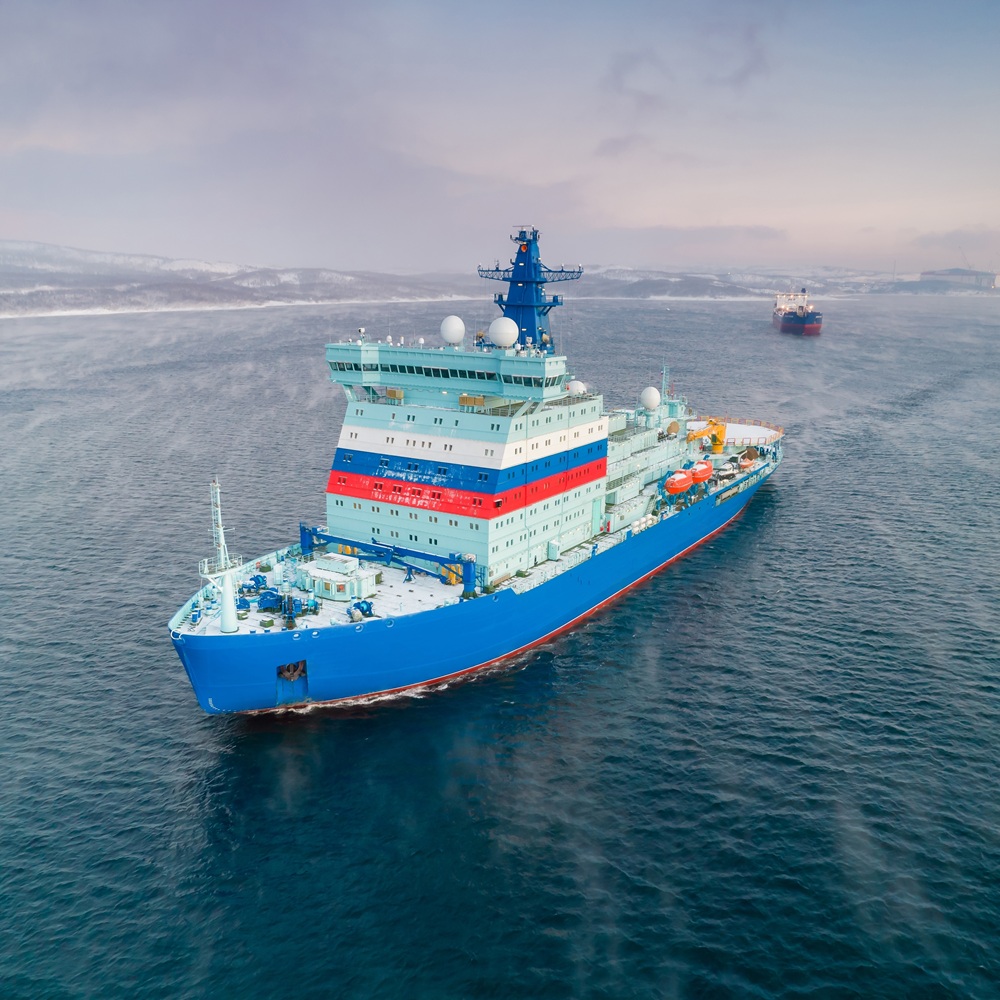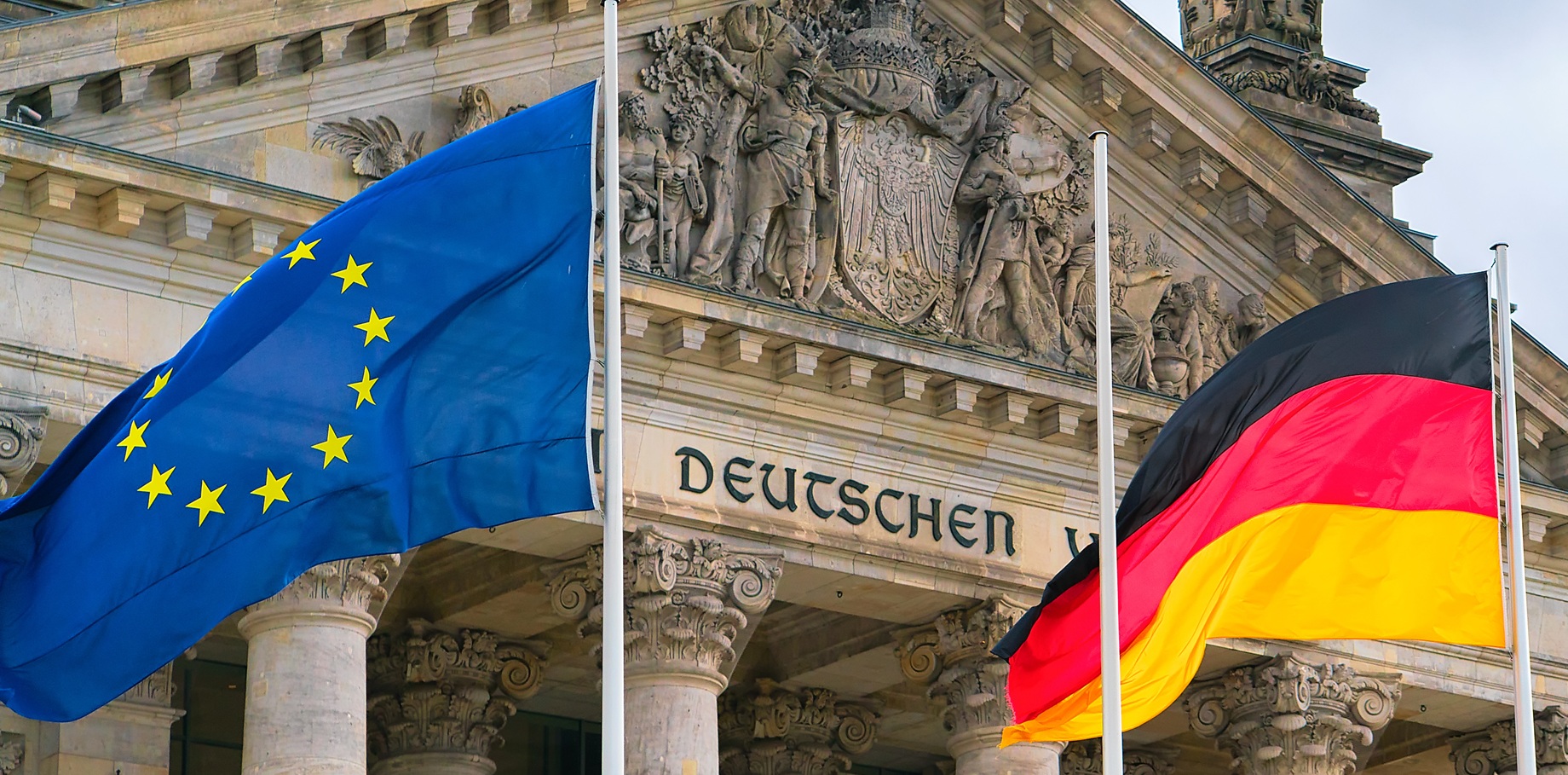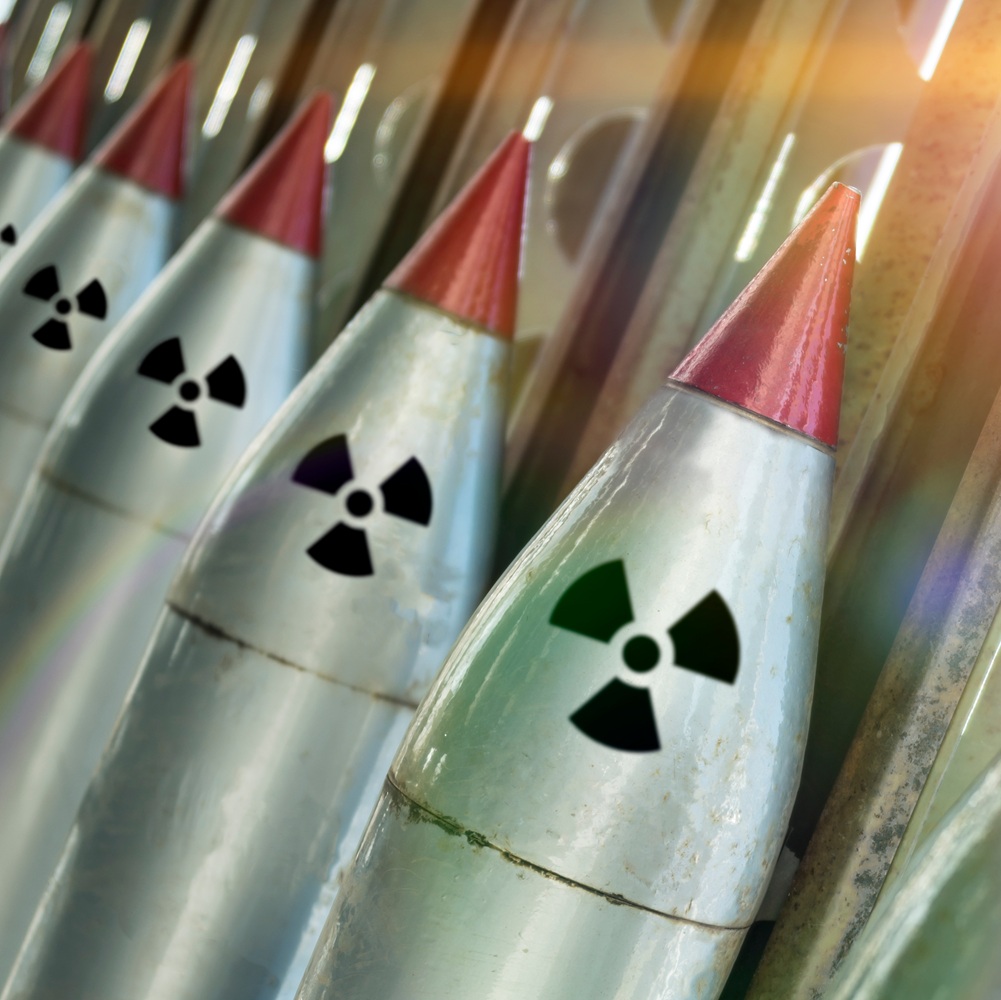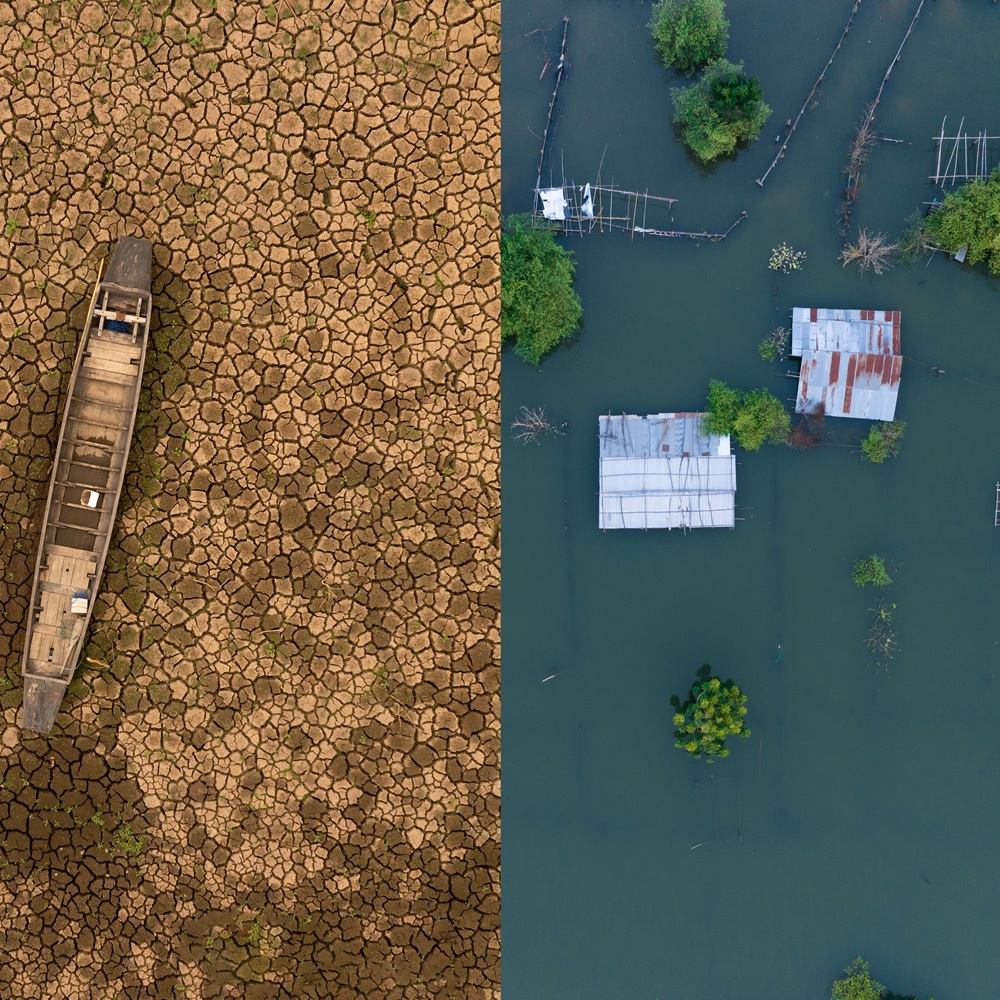
Global Climate Agreements: Successes and Failures
by Clara Fong , Lindsay Maizland
International efforts, such as the Paris Agreement, aim to reduce greenhouse gas emissions. But experts say countries aren’t doing enough to limit dangerous global warming. Summary Countries have debated how to combat climate change since the early 1990s. These negotiations have produced several important accords, including the Kyoto Protocol and the Paris Agreement. Governments generally agree on the science behind climate change but have diverged on who is most responsible, how to track emissions-reduction goals, and whether to compensate harder-hit countries. The findings of the first global stocktake, discussed at the 2023 UN Climate Summit in Dubai, United Arab Emirates (UAE), concluded that governments need to do more to prevent the global average temperature from rising by 1.5°C. Introduction Over the last several decades, governments have collectively pledged to slow global warming. But despite intensified diplomacy, the world is already facing the consequences of climate change, and they are expected to get worse. Through the Kyoto Protocol and Paris Agreement, countries agreed to reduce greenhouse gas emissions, but the amount of carbon dioxide in the atmosphere keeps rising, heating the Earth at an alarming rate. Scientists warn that if this warming continues unabated, it could bring environmental catastrophe to much of the world, including staggering sea-level rise, devastating wildfires, record-breaking droughts and floods, and widespread species loss. Since negotiating the Paris accord in 2015, many of the 195 countries that are party to the agreement have strengthened their climate commitments—to include pledges on curbing emissions and supporting countries in adapting to the effects of extreme weather—during the annual UN climate conferences known as the Conference of the Parties (COP). While experts note that clear progress has been made towards the clean energy transition, cutting current emissions has proven challenging for the world’s top emitters. The United States, for instance, could be poised to ramp up fossil fuel production linked to global warming under the Donald Trump administration, which has previously minimized the effects of climate change and has withdrawn twice from the Paris Agreement. What are the most important international agreements on climate change? Montreal Protocol, 1987. Though not intended to tackle climate change, the Montreal Protocol [PDF] was a historic environmental accord that became a model for future diplomacy on the issue. Every country in the world eventually ratified the treaty, which required them to stop producing substances that damage the ozone layer, such as chlorofluorocarbons (CFCs). The protocol has succeeded in eliminating nearly 99 percent of these ozone-depleting substances. In 2016, parties agreed via the Kigali Amendment to also reduce their production of hydrofluorocarbons (HFCs), powerful greenhouse gases that contribute to climate change. UN Framework Convention on Climate Change (UNFCCC), 1992. Ratified by 197 countries, including the United States, the landmark accord [PDF] was the first global treaty to explicitly address climate change. It established an annual forum, known as the Conference of the Parties, or COP, for international discussions aimed at stabilizing the concentration of greenhouse gases in the atmosphere. These meetings produced the Kyoto Protocol and the Paris Agreement. Kyoto Protocol, 2005. The Kyoto Protocol [PDF], adopted in 1997 and entered into force in 2005, was the first legally binding climate treaty. It required developed countries to reduce emissions by an average of 5 percent below 1990 levels, and established a system to monitor countries’ progress. But the treaty did not compel developing countries, including major carbon emitters China and India, to take action. The United States signed the agreement in 1998 but never ratified it and later withdrew its signature. Paris Agreement, 2015. The most significant global climate agreement to date, the Paris Agreement requires all countries to set emissions-reduction pledges. Governments set targets, known as nationally determined contributions (NDCs), with the goals of preventing the global average temperature from rising 2°C (3.6°F) above preindustrial levels and pursuing efforts to keep it below 1.5°C (2.7°F). It also aims to reach global net-zero emissions, where the amount of greenhouse gases emitted equals the amount removed from the atmosphere, in the second half of the century. (This is also known as being climate neutral or carbon neutral.) The United States, the world’s second-largest emitter, is the only country to withdraw from the agreement, a move President Donald Trump made during his first administration in 2017. While former President Joe Biden reentered the agreement during his first day in office, Trump again withdrew the United States on the first day of his second administration in 2025. Three other countries have not formally approved the agreement: Iran, Libya, and Yemen. Is there a consensus on the science of climate change? Yes, there is a broad consensus among the scientific community, though some deny that climate change is a problem, including politicians in the United States. When negotiating teams meet for international climate talks, there is “less skepticism about the science and more disagreement about how to set priorities,” says David Victor, an international relations professor at the University of California, San Diego. The basic science is that:• the Earth’s average temperature is rising at an unprecedented rate; • human activities, namely the use of fossil fuels—coal, oil, and natural gas—are the primary drivers of this rapid warming and climate change; and,• continued warming is expected to have harmful effects worldwide. Data taken from ice cores shows that the Earth’s average temperature is rising more now than it has in eight hundred thousand years. Scientists say this is largely a result of human activities over the last 150 years, such as burning fossil fuels and deforestation. These activities have dramatically increased the amount of heat-trapping greenhouse gases, primarily carbon dioxide, in the atmosphere, causing the planet to warm. The Intergovernmental Panel on Climate Change (IPCC), a UN body established in 1988, regularly assesses the latest climate science and produces consensus-based reports for countries. Why are countries aiming to keep global temperature rise below 1.5°C? Scientists have warned for years of catastrophic environmental consequences if global temperature continues to rise at the current pace. The Earth’s average temperature has already increased approximately 1.1°C above preindustrial levels, according to a 2023 assessment by the IPCC. The report, drafted by more than two hundred scientists from over sixty countries, predicts that the world will reach or exceed 1.5°C of warming within the next two decades even if nations drastically cut emissions immediately. (Several estimates report that global warming already surpassed that threshold in 2024.) An earlier, more comprehensive IPCC report summarized the severe effects expected to occur when the global temperature warms by 1.5°C: Heat waves. Many regions will suffer more hot days, with about 14 percent of people worldwide being exposed to periods of severe heat at least once every five years. Droughts and floods. Regions will be more susceptible to droughts and floods, making farming more difficult, lowering crop yields, and causing food shortages. Rising seas. Tens of millions of people live in coastal regions that will be submerged in the coming decades. Small island nations are particularly vulnerable. Ocean changes. Up to 90 percent of coral reefs will be wiped out, and oceans will become more acidic. The world’s fisheries will become far less productive. Arctic ice thaws. At least once a century, the Arctic will experience a summer with no sea ice, which has not happened in at least two thousand years. Forty percent of the Arctic’s permafrost will thaw by the end of the century. Species loss. More insects, plants, and vertebrates will be at risk of extinction. The consequences will be far worse if the 2°C threshold is reached, scientists say. “We’re headed toward disaster if we can’t get our warming in check and we need to do this very quickly,” says Alice C. Hill, CFR senior fellow for energy and the environment. Which countries are responsible for climate change? The answer depends on who you ask and how you measure emissions. Ever since the first climate talks in the 1990s, officials have debated which countries—developed or developing—are more to blame for climate change and should therefore curb their emissions. Developing countries argue that developed countries have emitted more greenhouse gases over time. They say these developed countries should now carry more of the burden because they were able to grow their economies without restraint. Indeed, the United States has emitted the most of all time, followed by the European Union (EU). However, China and India are now among the world’s top annual emitters, along with the United States. Developed countries have argued that those countries must do more now to address climate change. In the context of this debate, major climate agreements have evolved in how they pursue emissions reductions. The Kyoto Protocol required only developed countries to reduce emissions, while the Paris Agreement recognized that climate change is a shared problem and called on all countries to set emissions targets. What progress have countries made since the Paris Agreement? Every five years, countries are supposed to assess their progress toward implementing the agreement through a process known as the global stocktake. The first of these reports, released in September 2023, warned governments that “the world is not on track to meet the long-term goals of the Paris Agreement.” That said, countries have made some breakthroughs during the annual UN climate summits, such as the landmark commitment to establish the Loss and Damage Fund at COP27 in Sharm el-Sheikh, Egypt. The fund aims to address the inequality of climate change by providing financial assistance to poorer countries, which are often least responsible for global emissions yet most vulnerable to climate disasters. At COP28, countries decided that the fund will be initially housed at the World Bank, with several wealthy countries, such as the United States, Japan, the United Kingdom, and EU members, initially pledging around $430 million combined. At COP29, developed countries committed to triple their finance commitments to developing countries, totalling $300 billion annually by 2035. Recently, there have been global efforts to cut methane emissions, which account for more than half of human-made warming today because of their higher potency and heat trapping ability within the first few decades of release. The United States and EU introduced a Global Methane Pledge at COP26, which aims to slash 30 percent of methane emissions levels between 2020 and 2030. At COP28, oil companies announced they would cut their methane emissions from wells and drilling by more than 80 percent by the end of the decade. However, pledges to phase out fossil fuels were not renewed the following year at COP29. Are the commitments made under the Paris Agreement enough? Most experts say that countries’ pledges are not ambitious enough and will not be enacted quickly enough to limit global temperature rise to 1.5°C. The policies of Paris signatories as of late 2022 could result in a 2.7°C (4.9°F) rise by 2100, according to the Climate Action Tracker compiled by Germany-based nonprofits Climate Analytics and the NewClimate Institute. “The Paris Agreement is not enough. Even at the time of negotiation, it was recognized as not being enough,” says CFR’s Hill. “It was only a first step, and the expectation was that as time went on, countries would return with greater ambition to cut their emissions.” Since 2015, dozens of countries—including the top emitters—have submitted stronger pledges. For example, President Biden announced in 2021 that the United States will aim to cut emissions by 50 to 52 percent compared to 2005 levels by 2030, doubling former President Barack Obama’s commitment. The following year, the U.S. Congress approved legislation that could get the country close to reaching that goal. Meanwhile, the EU pledged to reduce emissions by at least 55 percent compared to 1990 levels by 2030, and China said it aims to reach peak emissions before 2030. But the world’s average temperature will still rise more than 2°C (3.6°F) by 2100 even if countries fully implement their pledges for 2030 and beyond. If the more than one hundred countries that have set or are considering net-zero targets follow through, warming could be limited to 1.8˚C (3.2°F), according to the Climate Action Tracker. What are the alternatives to the Paris Agreement? Some experts foresee the most meaningful climate action happening in other forums. Yale University economist William Nordhaus says that purely voluntary international accords like the Paris Agreement promote free-riding and are destined to fail. The best way to cut global emissions, he says, would be to have governments negotiate a universal carbon price rather than focus on country emissions limits. Others propose new agreements [PDF] that apply to specific emissions or sectors to complement the Paris Agreement. In recent years, climate diplomacy has occurred increasingly through minilateral groupings. The Group of Twenty (G20), representing countries that are responsible for 80 percent of the world’s greenhouse gas pollution, has pledged to stop financing new coal-fired power plants abroad and agreed to triple renewable energy capacity by the end of this decade. However, G20 governments have thus far failed to set a deadline to phase out fossil fuels. In 2022, countries in the International Civil Aviation Organization set a goal of achieving net-zero emissions for commercial aviation by 2050. Meanwhile, cities around the world have made their own pledges. In the United States, more than six hundred local governments [PDF] have detailed climate action plans that include emissions-reduction targets. Industry is also a large source of carbon pollution, and many firms have said they will try to reduce their emissions or become carbon neutral or carbon negative, meaning they would remove more carbon from the atmosphere than they release. The Science Based Targets initiative, a UK-based company considered the “gold standard” in validating corporate net-zero plans, says it has certified the plans of over three thousand firms, and aims to more than triple this total by 2025. Still, analysts say that many challenges remain, including questions over the accounting methods and a lack of transparency in supply chains. Recommended Resources This timeline tracks UN climate talks since 1992. CFR Education’s latest resources explain everything to know about climate change. The Climate Action Tracker assesses countries’ updated NDCs under the Paris Agreement. CFR Senior Fellow Varun Sivaram discusses how the 2025 U.S. wildfires demonstrate the need to rethink climate diplomacy and adopt a pragmatic response to falling short of global climate goals. In this series on climate change and instability by the Center for Preventive Action, CFR Senior Fellow Michelle Gavin looks at the consequences for the Horn of Africa and the National Defense University’s Paul J. Angelo for Central America. This backgrounder by Clara Fong unpacks the global push for climate financing.









